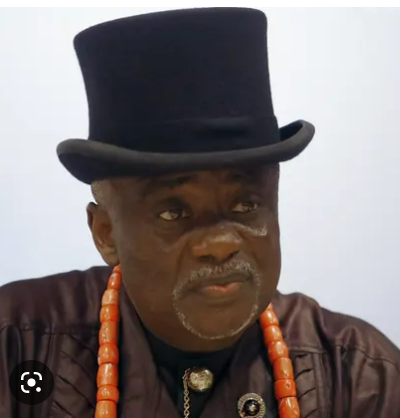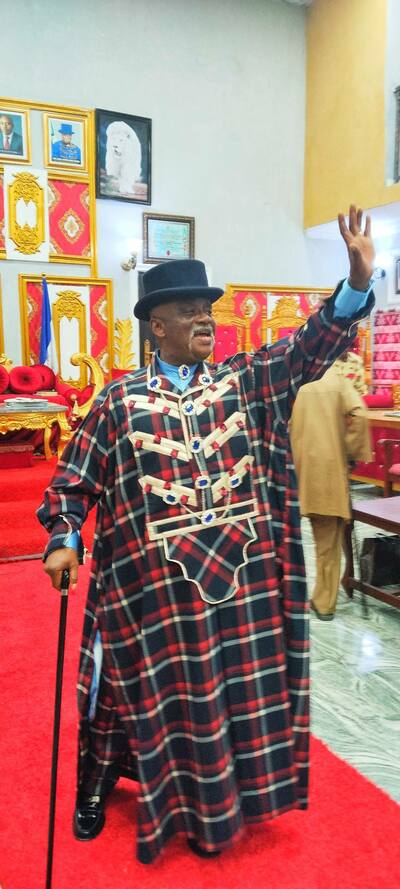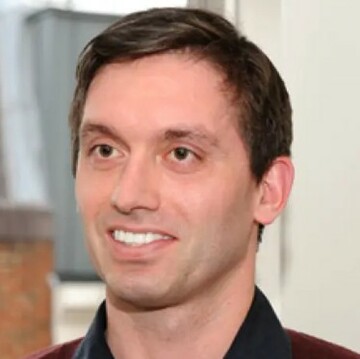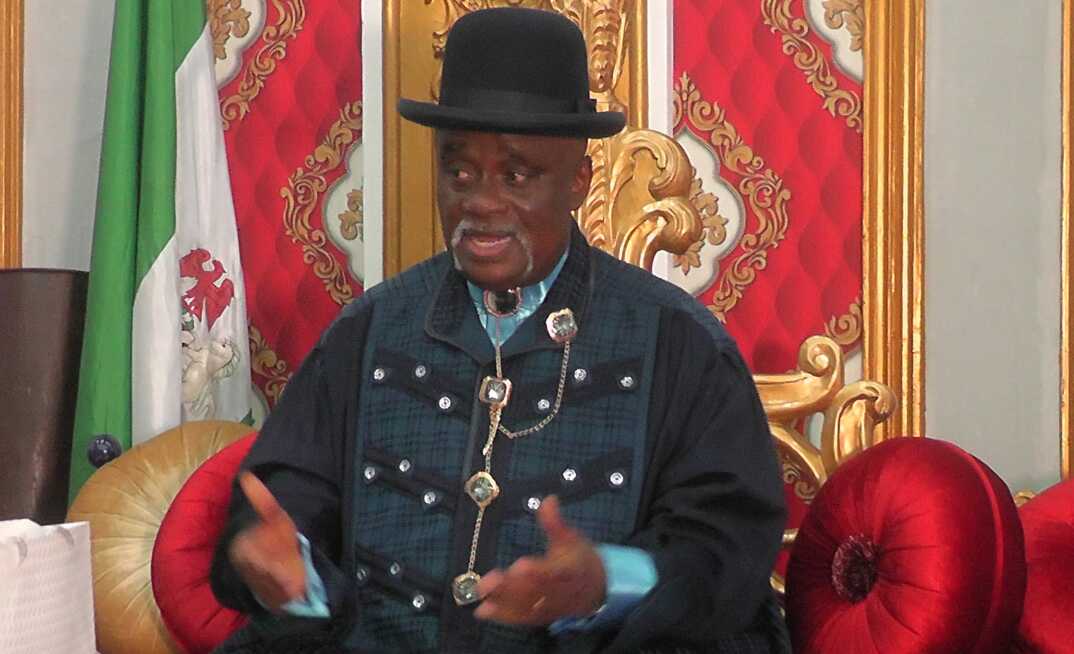A three-week pre-trial pitting Shell against two small Nigerian communities claiming to have had their communities devastated by the oil giant's activities wrapped up last week as the parties now wait for the judge's ruling.
The court face-off was the culmination to date of the legal battle by the Ogale and Bille communities in the Niger Delta, who have been fighting Shell and its Nigerian subsidiary Shell Petroleum Development Company of Nigeria Limited (SPDC) for a clean-up and compensation since 2015.
YOU MIGHT ALSO LIKE
As reported by ENB, the two communities have suffered hundreds of spills, allegedly from Shell's infrastructure, which have left the areas without clean water, unable to farm or fish, and created serious risks to public health.
Speaking exclusively to ENB, King Godwin Bebe-Okpabi, Oneh-Eh-Nchia X, and Paramount Ruler of Ogale say the case is simple.

"The water is bad - it is very obvious. Our soil has been polluted - it is very obvious. So I don't know under any human right or under any human circumstance that they will now be arguing that this is natural."
"We are very spiritual people, we believe in God and we believe in natural justice or fairness and so I I believe that we will win the case," said Okpabi.
The preliminary issues trial, presided over by Mrs Justice May, was held to determine the scope of the legal issues to be heard at the full trial, which will be held next year.
The hearing examined whether oil pollution by a private company could breach fundamental human rights under Nigeria's Constitution and the African Charter. Crucially, such claims aren't time-barred, blocking Shell from delaying a ruling.
The court also examined Shell's liability for damages caused by oil theft from pipelines, known as "bunkering," and for the waste generated by illegal artisanal refining of stolen or spilled oil.
However, King Okpabi believes the trial is unnecessary as the case is clear to him and his people.
"People are dying here as I speak, dying of different types of diseases. So, if people are dying from the consequence of this pollution …why waste time to take us through this legal hurdles?
"Why don't you sit down with those? Let's talk and see how we can begin to resolve the issues," he said.
If the villagers win the full trial, it will be the first time in legal history that a UK multinational is held accountable for breaching a community's human rights because of environmental pollution.
The pollution has clearly had a significant impact on the delta communities.

"Our very rich vegetation, forests, streams, rivers – all these things have been completely destroyed over the years, and what we have now is completely different.
"So, we need a new way of life, our source of survival has completely been destroyed. It is an emergency situation here," said King Okpabi.
Shell, which last week announced the completion of the sale of its stake in SPDC to Renaissance as part of a "simplification" move, says it has no legal responsibility for the chronic pollution caused in the Niger Delta and has offered the Ogale and Bille communities no remedy or compensation.
King Okpabi says while compensation is necessary, the most pressing need is clean water.
"We need to drink. We need water. We are dying. Give us an alternative and then pay us compensation.
"You aren't able to quantify what you have destroyed. You have destroyed the people's way of life - you can't quantify that, you cannot bring back all those vegetation that they have destroyed.
"So, what we are saying is come and repair the water, pay compensation and give us a way of a new livelihood, give us some vocation, maybe a technical school, different training of how we can survive, because the way we know how to survive, you have destroyed it."
UK lawyer Leigh Day represents the two communities in British courts.
The firm's international team partner Matthew Renshaw said the trial has exposed the extreme position taken by Shell that they have almost no obligations to those harmed by their operations in the Niger Delta.
He said Shell's claim that the pollution results from oil theft (known as bunkering) means it cannot be held liable and cannot be asked by those impacted by its pollution to clean it up.

"We consider that Shell is wrong on all of these points and that it can be liable for the harm it has caused to our clients.
"Our clients also argue that Shell can be held responsible for breaching their fundamental human rights, including the right to life and the right to a clean environment. A finding that Shell has breached our clients' fundamental human rights under Nigerian law would have significant repercussions both in our cases and more broadly."























